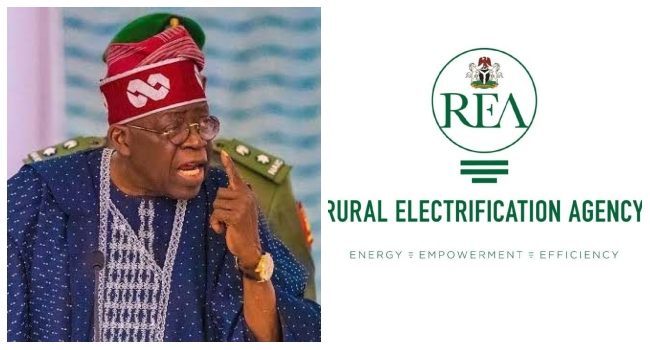During the Alliance for Rural Electrification Energy Access Forum held in Lagos, the Chief Executive Officer and Managing Director of the Rural Electrification Agency (REA), Abba Aliyu, revealed that the Federal Government has successfully electrified 15 federal universities and teaching hospitals with hybrid solar grids.
These installations have a combined capacity of 35.5 megawatts and aim to provide 24-hour electricity to 350,000 students and enable 50,000 lecturers to access reliable power.
The Nigeria Electrification Project, funded by the World Bank and the African Development Bank, has played a pivotal role in realizing this achievement. With a budget of $550 million, the project aims to enhance energy access across the country.
Among the universities benefiting from the solar grids are the University of Maiduguri, which received a 12MW solar grid, as well as the University of Abuja, Federal University of Calabar and its teaching hospital, Federal University of Agriculture Abeokuta, Michael Okpara University of Agriculture Umudike, Nigerian Defence Academy, and others.
The Rural Electrification Agency plans to launch these electrification projects at the academic institutions within the next two months, with the Minister of Power, Adebayo Adelabu, officiating the ceremonies.

Aliyu highlighted the significance of the University of Maiduguri project, stating that it is one of the largest ever undertaken in the country.
This solar grid will power the entire university, its teaching hospital, and even the water treatment plant in Borno State. The completion of this 12MW project demonstrates the commitment to provide sustainable electricity in the region.
In addition to the university electrification initiative, the Rural Electrification Agency has deployed over 150 mini-grids across Nigeria, with 100 50-kilowatt containerized mini-grids serving approximately 100 health institutions. Furthermore, the agency plans to launch an interconnected mini-grid of around 1MW, benefiting 6,000 households in Ondo State.
Responding to concerns about the geographical spread of their projects, Aliyu acknowledged the challenges faced but expressed the agency’s determination to scale up operations. He emphasized the need to deploy thousands of mini-grids to address the issue comprehensively.
In related news, it was reported that President Bola Tinubu has approved a $750 million World Bank loan for the construction of 1,200 mini-grids in rural communities throughout the country.
This funding supports the distributed access through a renewable energy scale-up project, aimed at providing energy access to Nigerians in remote areas.




